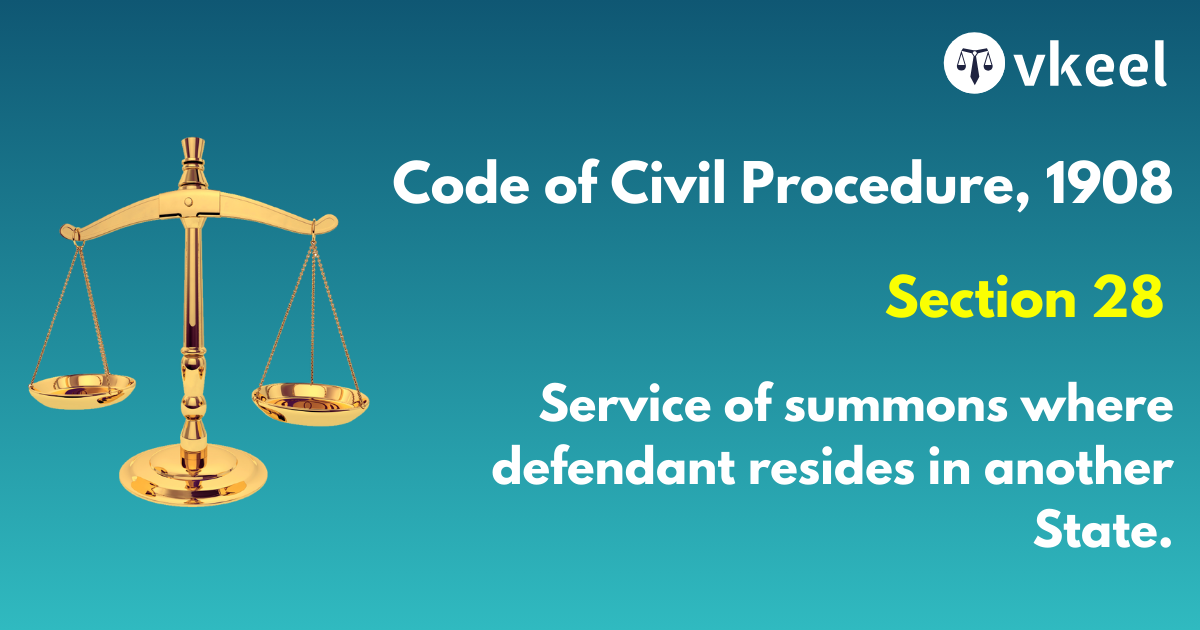Section 16: Arbitration and Conciliation Act, 1996
By Nivedita Dhiman
Table of Contents
Introduction
The above-mentioned Section talks about the principle of “Kompetenz-Kompetenz” and “separability.” The doctrine of “Kompetenz-Kompetenz” implies that the arbitral tribunal is empowered and has the competence to rule on its own jurisdiction, including determining all jurisdictional issues, and the existence or validity of the arbitration agreement. The doctrine intended to minimize judicial intervention so that the arbitral process is not thwarted at the threshold, when a preliminary objection is raised by one of the parties. The rule gives authority to the arbitral tribunal to rule on its own jurisdiction.
This section explains that the point of jurisdiction would include any controversy as regards the existence or validity of an arbitration agreement which would cover any plea regarding exclusion of the subject matter from arbitration. The principle makes sure that even if the main contract is disputed, the agreement of arbitration can still stand and the tribunal can adjudicate the dispute.
Section 16 of Arbitration and Conciliation Act
Competence of arbitral tribunal to rule on its jurisdiction.—
(1) The arbitral tribunal may rule on its own jurisdiction, including ruling on any objections with respect to the existence or validity of the
arbitration agreement, and for that purpose,—
(a) an arbitration clause which forms part of a contract shall be treated as an agreement
independent of the other terms of the contract; and
(b) a decision by the arbitral tribunal that the contract is null and void shall not entail ipso jure the
invalidity of the arbitration clause.
(2) A plea that the arbitral tribunal does not have jurisdiction shall be raised not later than the
submission of the statement of defence; however, a party shall not be precluded from raising such a plea
merely because that he has appointed, or participated in the appointment of, an arbitrator.
(3) A plea that the arbitral tribunal is exceeding the scope of its authority shall be raised as soon as the
matter alleged to be beyond the scope of its authority is raised during the arbitral proceedings.
(4) The arbitral tribunal may, in either of the cases referred to in sub-section (2) or sub-section (3),
admit a later plea if it considers the delay justified.
(5) The arbitral tribunal shall decide on a plea referred to in sub-section (2) or sub-section (3) and,
where the arbitral tribunal takes a decision rejecting the plea, continue with the arbitral proceedings and
make an arbitral award.
(6) A party aggrieved by such an arbitral award may make an application for setting aside such an
arbitral award in accordance with section 34.
Landmark Judgements
MASYC Projects Pvt Ltd vs Jaiprakash Association Ltd, 2017
The employer made part payment against an amount settled between the parties. It was held that this cannot be said to be in complete satisfaction of the settlement as agreed and an excepted matter. For a dispute to be no no longer hence it cannot be said that now it was arbitrable not only there should be a full and final settlement but the dispute should also have been settled.
SC Kanda Reddy vs UOI, 1982
Signing of “no claim certificate” does not prevent a claimant from claiming a reference of disputes to arbitration, more so when it had been given under undue influence or coercion. It is for the arbitrator to decide whether there had been a “full and final settlement” when the payment of the final bill has been made to the contractor.
Ambica Constructions vs UOI, 2006
It is apparent that unless a discharge certificate is given in advance payment of bills are generally delayed. If a clause in the general conditions of contract requires giving of no claim certificate after the works are finally measured up, the same is meant to be a safeguard against frivolous claims after the works are finally measured up.
National Insurance Co Ltd vs Boghara Polyfab Pvt Ltd. 2009
Conclusion
The section 16 of Arbitration and Conciliation Act, 1996 talks about the mechanism which resolves disputes regarding the jurisdiction of the tribunal. The law empowers the arbitral tribunal to rule on its own jurisdiction either as a preliminary question or in an award on merits.
An arbitral tribunal is required to give its verdict on its jurisdiction if a challenge is made by any of the parties. The tribunal may decide on the issue of jurisdiction as a preliminary issue, it cannot be said that any illegality has been committed by the arbitral tribunal. Section 16 ensures that arbitration remains an efficient and effective means of dispute resolution. This prevents unnecessary delays and supports the finality of arbitration.
Disclaimer:
The information provided in the article is for general informational purposes only, and is not intended to constitute legal advice or to be relied upon as a substitute for legal advice. Furthermore, any information contained in the article is not guaranteed to be current, complete or accurate. If you require legal advice or representation, you should contact an attorney or law firm directly. We are not responsible for any damages resulting from any reliance on the content of this website.












